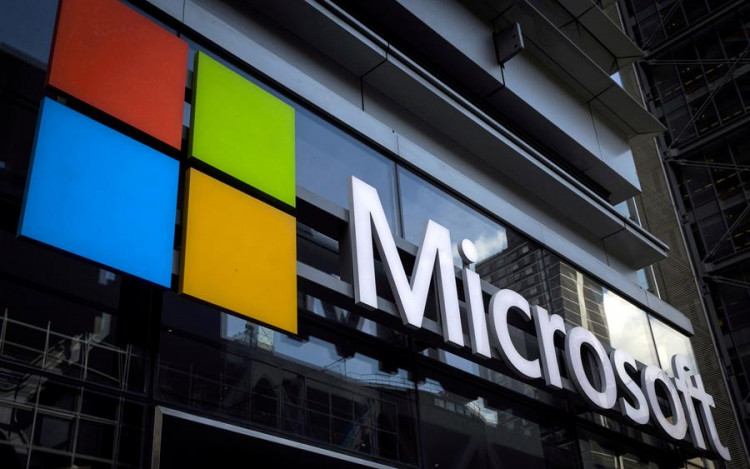Microsoft stated on Monday that the modifications to cloud computing will be implemented by Oct. 1. The company did not provide a timeframe for the adjustments' implementation when it first announced it in May.
Cloud computing is the supply of computer services over the Internet ("the cloud"), including servers, storage, databases, networking, software, analytics, and intelligence. This allows for speedier innovation, adaptable resources, and scale economies. You normally only pay for the cloud services that you actually use, which helps you reduce operational expenses, manage your infrastructure more effectively, and scale as your business requirements change.
Microsoft's cloud computing plans were criticized by Amazon and Alphabet unit Google on Tuesday, claiming that they hinder competition and dissuade users from migrating to other cloud service providers.
The American software company unveiled new licensing agreements and other changes on Monday that will go into effect on October 1 and, according to the company, would make it simpler for cloud service providers to compete.
Microsoft stated that it would "implement major revisions and upgrades to its outsourcing and hosting terms that will benefit partners and customers globally," in a blog post on Monday.
The agreements will not apply to the use of cloud services from Amazon, Google, Alibaba, or Microsoft.
Microsoft's proposal comes after smaller European Union rivals complained to EU antitrust regulators about its cloud service policies. The regulators then questioned market participants on the matter and the effects they have seen. Amazon, the biggest cloud service provider, was harsh in its criticisms, trailed by Microsoft and Google.
"Microsoft is now doubling-down on the same harmful practices by implementing even more restrictions in an unfair attempt to limit the competition it faces - rather than listening to its customers and restoring fair software licensing in the cloud for everyone," a spokesperson for its cloud service unit AWS stated.
Marcus Jadotte, Google's vice president for policy and government affairs, had a similar opinion. "The promise of the cloud is flexible, elastic computing without contractual lock-ins," in a tweet he said. "Customers should be able to move freely across platforms and choose the technology that works best for them, rather than what works best for Microsoft," Jadotte said.
Additionally, the business has disclosed that it will roll out a new Flexible Virtualization advantage that will give customers more outsourcing options. Microsoft will allow customers with Software Assurance or subscription licenses to build, install, and run solutions on the infrastructure of any outsourcer.
The European Commission earlier fined Microsoft 1.6 billion euros for various infringements.






